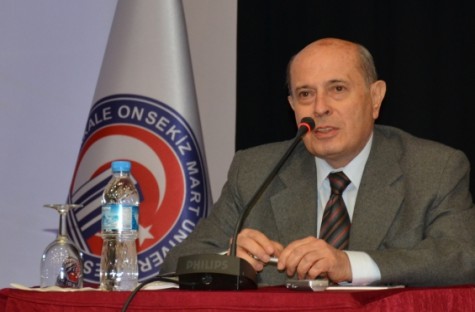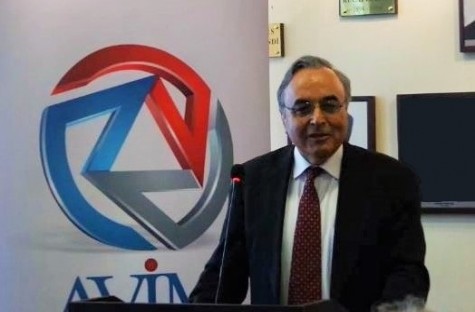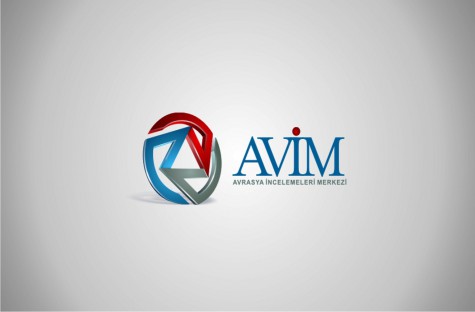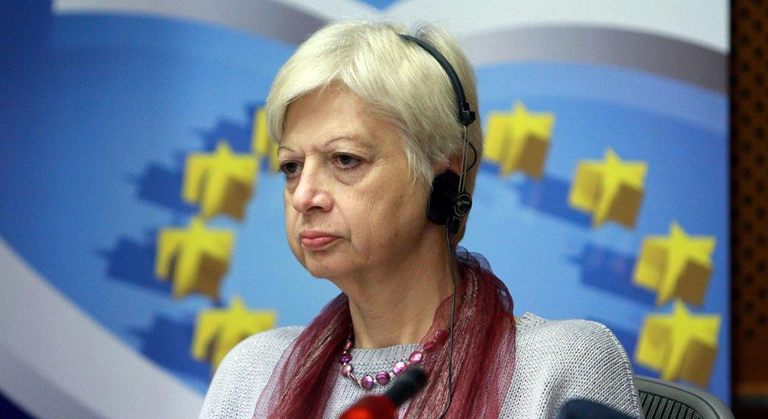Ömer Engin LÜTEM
Honorary President of AVIM
18.02.2015
In a letter addressed to National Assembly Speaker Sahakyan, President Sargsyan indicated that a decision was made to recall Turkey-Armenia Protocols signed on October 10, 2009 in Zurich from the parliament. He justified this decision with what he calls the lack of political will in Turkey, Turkey’s distortion of the spirit and letter of the Protocols, continuation of its policy of setting preconditions and the new momentum in its "policy of denial" on the 100th anniversary of the “Armenian Genocide” as well.
As is known, Armenia opposed Turkey’s decision to link the ratification and the implementation of the Protocols signed to establish diplomatic relations and cooperation between Turkey and Armenia to the positive developments in the Nagorno-Karabakh issue. It insisted on the implementation of the Protocols without preconditions, gained support from the US and EU, and withdrew the Protocols from the Parliament’s weekly agenda in 2010 when Turkey didn’t change its attitude. However, the Protocols, despite not being discussed, continued to be in the parliament’s agenda. The matter at hand now is the complete withdrawal of the protocols from the parliament’s agenda. The important matter here is that the Protocols are rejected and will be resent to the parliament when the required conditions are met. When viewed from this aspect, President Sargsyan’s withdrawal of the protocols from the Parliament has no sense other than influencing the public opinion.
Why did President Sargsyan act in such a manner? His above-mentioned complaints about Turkey, which he uses as excuses, are nothing new. So there must be other reasons for the withdrawal of the Protocols from the parliament now.
The most important development in Armenia recently is the disagreement between the Prosperous Armenia Party- especially its leader Tsarukyan- and Sarkisian which is deepening, which led to street demonstrations and has the possibility to turn into a serious crisis. It is possible that Sargsyan wants to gain support in the public by recalling the Protocols from the parliament.
It is understood that Sargsyan and his government, although not openly spoken, has problems with Russia. Among these are: Armenia’s efforts to enhance relations with the European Union and NATO despite joining the Eurasian Economic Union, Russia’s ongoing arms sales to Azerbaijan, Russia’s dominance in many sectors in the economy of Armenia and lastly, Armenian government’s refusal to thwart the anti-Russia climate following the murder of an Armenian family by a Russian soldier serving in the Russian base in Gyumri. Tsarukyan, known for his close relations with Russia, could be an alternative for presidency.
Sargsyan probably took such a possibility into consideration and strengthened his position by enabling the Dashnaks, which are principally against Russia, to participate in the government. The Dashnaks were represented in the government with the election of Robert Kocharyan as president in 1998 and left the government in 2009 in protest of the signing of the Turkey-Armenia Protocols. They required the rejection of the Protocols for their return to the government. Sarkisian, knowing that the rejection of the Protocols would not be welcomed by the US, EU and even Russia, didn’t do this and tried to satisfy the Dashnaks by taking this half step through the withdrawal of the Protocols from the Parliament. Giro Manoyan of the Dashnak Party considered it as positive but insufficient step and stated that the Protocols must be rejected.
© 2009-2025 Center for Eurasian Studies (AVİM) All Rights Reserved

SARKISIAN’S INVITATION
 A CALL FROM NAMIBIA ON HIS HOLINESS, POPE FRANCIS
A CALL FROM NAMIBIA ON HIS HOLINESS, POPE FRANCIS
 ANTI-TURKEY AND ANTI-TURKISH VIEWS EXPRESSED AT A CONFERENCE ORGANIZED BY THE LSE TURKISH CHAIR
ANTI-TURKEY AND ANTI-TURKISH VIEWS EXPRESSED AT A CONFERENCE ORGANIZED BY THE LSE TURKISH CHAIR
 A VISIT FROM THE EUROPEAN PARLIAMENT TO THE SO-CALLED STATE IN NAGORNO – KARABAKH UNDER OCCUPATION
A VISIT FROM THE EUROPEAN PARLIAMENT TO THE SO-CALLED STATE IN NAGORNO – KARABAKH UNDER OCCUPATION
 THE BOSTON BOOK PARTY, ARMENIAN THREATS
THE BOSTON BOOK PARTY, ARMENIAN THREATS




























